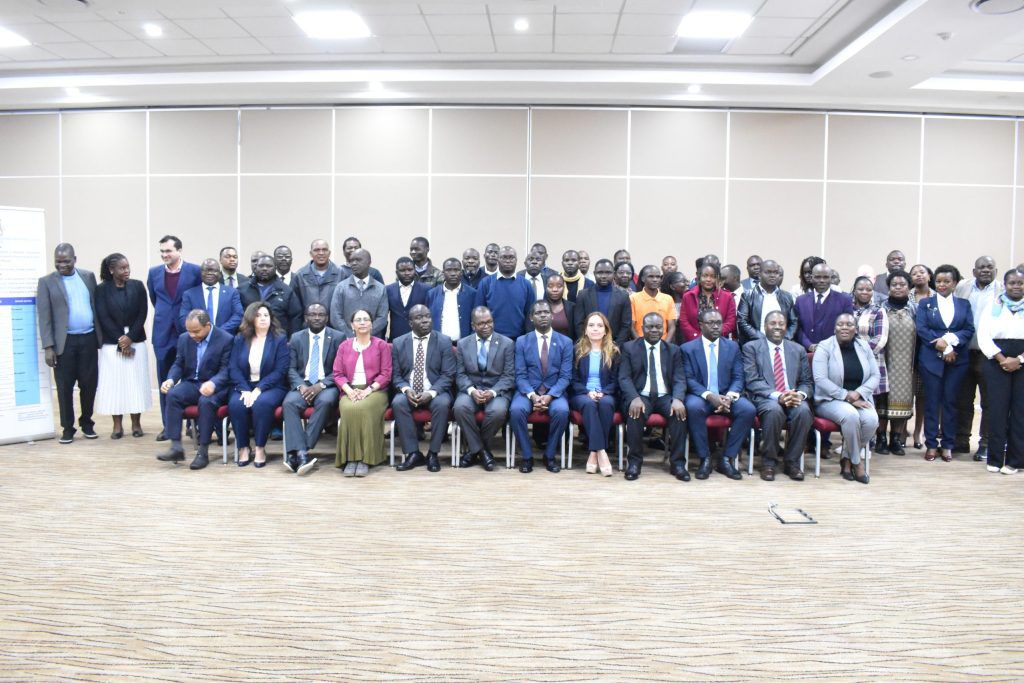
BY: Kassim Kajosolo
In a bold move to combat the growing impact of climate-related disasters, the Government of Malawi has pledged to enhance its early warning systems and invest in cutting-edge technology, aiming to safeguard lives and livelihoods across the country.
Addressing a high-level stakeholder engagement workshop under the Climate Risk Early Warning Systems (CREWS) project, Secretary for Natural Resources and Climate Change, Yusuf Nkungula, said the government is working hand in hand with international partners to modernise climate information services despite facing logistical and technological challenges.
“We are consulting a wide range of stakeholders to gather ideas and recommendations on how to improve our aeronautical and early warning capabilities,” Nkungula said. “Our greatest challenges lie in data collection, dissemination, and access to modern equipment. To close these gaps, we are prioritising both infrastructure upgrades and the integration of new technology.”
He revealed that the government is turning to artificial intelligence (AI) as a game-changing tool in climate forecasting and data analysis.
“We are in a digital era where AI can significantly boost the precision of data collection and streamline knowledge management,” Nkungula added. “While some AI systems are already operational, our focus is on expanding and strengthening them to enhance preparedness and long-term planning.”
As part of these efforts, Malawi is in the process of acquiring two state-of-the-art weather radars, one for Blantyre and another for the central region, with a third planned for the north. These installations will greatly improve real-time weather monitoring and forecasting, offering a much-needed upgrade to the country’s meteorological infrastructure.
Development partners from the World Bank and the World Meteorological Organization (WMO), who are supporting the initiative, underlined the critical importance of accurate and timely climate data in decision-making and disaster preparedness.
Catalina Marulanda, Manager for the World Bank’s Urban Disaster Risk Management and Land Unit for East Africa, called for a shift from reactive to preventive strategies.
“Malawi is among the most climate-vulnerable countries in the region. Through the Regional Climate Resilience Project, our goal is to support the transition from emergency response to long-term risk reduction and prevention,” said Marulanda. She emphasised that reliable data is crucial for designing resilient infrastructure and informed investment decisions.
Echoing her sentiments, Joshua Ngaina of the WMO Regional Office for Eastern and Southern Africa praised the CREWS workshop for its role in aligning stakeholders and ensuring optimal use of limited resources through coordinated action.
The CREWS project represents a transformative step for Malawi, as the nation seeks to build a resilient future where science and technology are at the forefront of disaster risk reduction. By investing in Artifical Intelligence and modern forecasting tools, Malawi is not only preparing for the storms of today, but also building a climate-smart legacy for generations to come.



